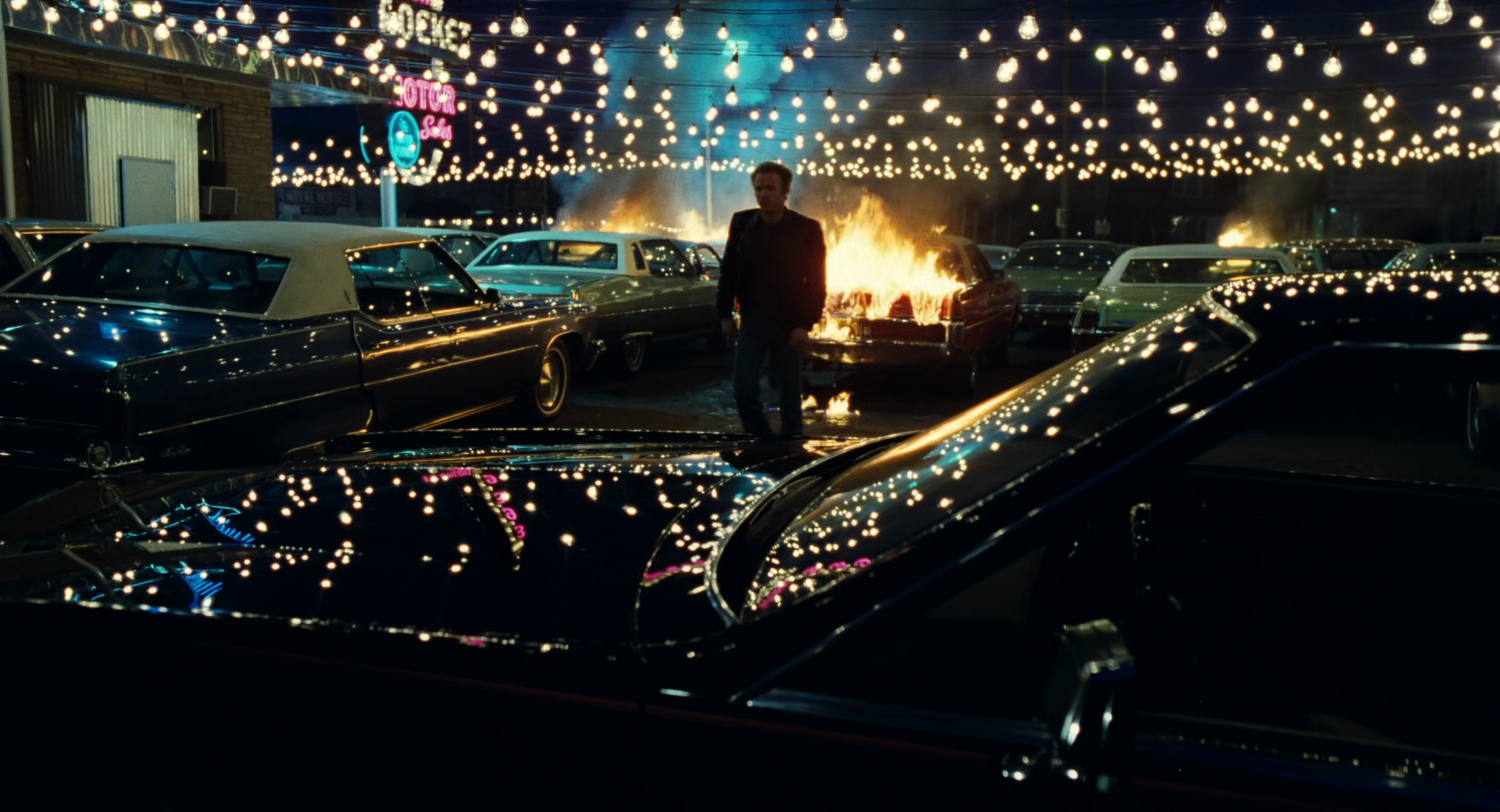Thief

Originally published on Letterboxd on 25/07/22
Its significance as the birth of Mann as an unparalleled image-maker and maestro of montage is immediately apparent, but what stood out to me this time around is the extent to which the ghost of Thief looms over Mann's men. Here, the possibility of both a sublimation within domesticity and compensation for labour are introduced and, to some extent, achieved, if only temporarily. It is an outlier, in that it is the only entry in Mann's filmography where some degree of satisfaction with one's life is achieved-the island in Max's postcard in Collateral and Neil's fluorescent coral of Fiji in Heat are actualized. Yet, the disintegration of Frank's personhood, externalised as wordless tableaus of destruction, rebukes the notion that achieving normalcy is possible for not just Frank, but anyone taking down the path he took.
By the end of the film, it becomes apparent that exploitation is inherent to any system relying upon wage labour, and that a pursuit of an alternative to wage labour necessitates a detachment from anyone and anything that could jeopardize this pursuit. The possibility of satisfaction is therefore extinguished for all of Mann's men, not just frank. When financial incentivization becomes meaningless because of the inability to use it to achieve some semblance of satisfaction with one's life, it seems only logical that the action becomes the juice. For Mann's men, their future was decided long before they had any say in it.
